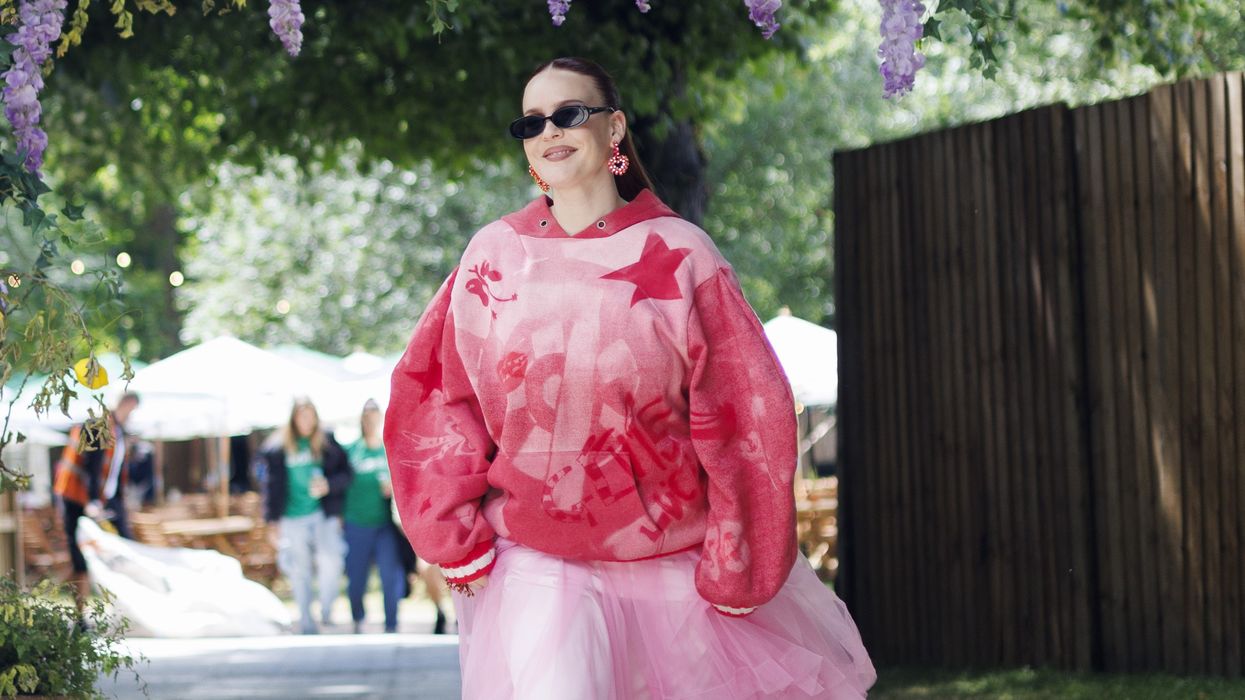Highlights
- Anne-Marie discussed the challenges of motherhood and returning to work in music
- Revealed struggles with postnatal anxiety and depression after birth of daughter Seven
- Praised therapy as a crucial support tool and advised others to seek help
- Shared insights into life with two young children and how routines have changed her
- Confirmed she will perform at the Women’s Rugby World Cup opening ceremony on 22 August
Anne-Marie opens up about motherhood and mental health
Singer Anne-Marie gave an open and emotional interview on BBC Radio 2 this morning (16 July), speaking to Scott Mills about the mental and physical challenges she has faced after becoming a mother of two. The artist, known for hits including 2002 and Friends, reflected on the impact of motherhood on her mental health and creative life.
Returning to music while raising a family
Anne-Marie revealed that adjusting to life with two children while returning to the music industry has been “really difficult”. She is mother to daughter Seven, aged one, and a baby son who is just two months old.
“Getting back into music and being a mum has been really difficult,” she said during the interview. “Having a second one, it’s like the attention spread of the two is difficult.”
Despite the challenges, she described her children as “the most beautiful little things you’ve ever seen”, adding that moments of calm—such as looking at photos of them while they sleep—make the exhaustion feel worthwhile.
Anxiety and postnatal mental health
The singer spoke frankly about how she experienced intense anxiety after the birth of her first child. “I actually had anxiety so bad when I first had Seven and I didn’t want to be left alone,” she said.
Anne-Marie admitted that she had only been aware of postnatal depression, not postnatal anxiety, until experiencing it herself. She went on to say that her postnatal depression developed around six months after Seven’s birth.
The role of therapy and learning to ask for help
Anne-Marie highlighted the importance of therapy in her recovery. First starting sessions during lockdown, she said she had periods where she paused, particularly after making her third album, believing she no longer needed support. However, after becoming a mother, she returned to therapy and now attends weekly sessions.
“I’m sorry if you saw any of the interviews where I said I don’t need you anymore,” she joked, referring to her therapist. “Can I have you back?!”
She encouraged others to reach out, saying, “Therapy is my best friend. But also tell people, because I never asked for help, and that’s why I got so tired. People think that you’re sweet when you’re pretending to be okay.”
Adapting to life with a new routine
Speaking about the lifestyle shift, Anne-Marie described how routines have become a major part of her day-to-day life. “When I think about routines, it stresses me out. If I don’t do it right, it stresses me out,” she said. “And now I have to make three meals a day to make sure she’s good, you know? So it’s all just a massive change, and now I’m in a routine that’s my life.”
She also reflected on how her body and mind have changed since becoming a mother, saying, “I look different. I feel different. My brain is rewired. I swear everything has changed.”
Looking ahead: TV, sport and live appearances
Anne-Marie also spoke about her daughter recognising her on TV, recent performances at Glastonbury, and practising karate. She confirmed she will be performing at the Women’s Rugby World Cup opening ceremony, which takes place at the Stadium of Light in Sunderland on Friday 22 August.





